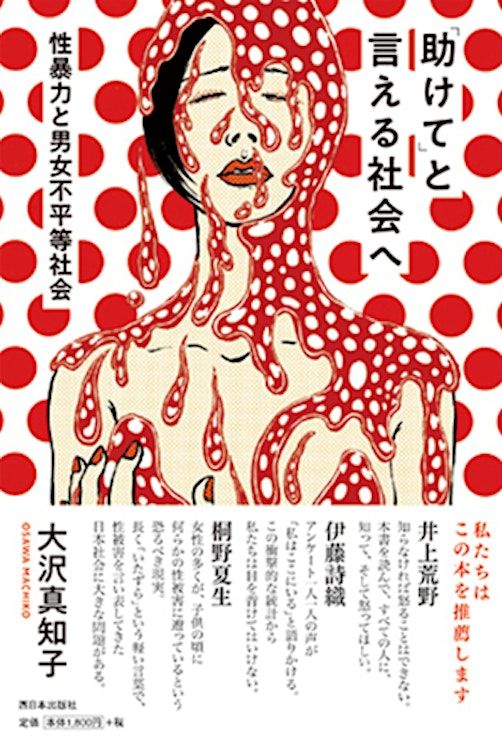About this Event
Abstract
Raising awareness about the extent of sexual violence in Japan and the damage inflicted on individuals is essential to change the status quo. This presentation draws on quantitative and qualitative data to reveal the reality of sexual violence and victimization, which has been poorly understood and largely ignored in Japanese society. The quantitative data is drawn from a landmark 2022 survey of sexual victims conducted by NHK that collected over 38,000 responses. Raising awareness about the harm caused by sexual violence is necessary, but not enough. It is a scourge that is symptomatic of Japan’s patriarchal social system where attitudes, norms, values, and practices render many people marginal and vulnerable to abuse. This includes the social norms of “masculinity” and “femininity,” the education system, the labour market structure, and a tax and social security system based on a division of labour that reinforces a strict division of gender roles. Due to the harmful consequences of widespread sexual violence on people and the economy, it is incumbent on the government to offer more support for relevant services, especially civil society organizations that have been playing a key role in helping victims. In this pivotal transition from ignoring to addressing sexual violence, it is also essential to engage the police and judicial officials in ways that enhance sensitivity towards victims, and to take actions that increase accountability.
Date: Monday, 13 January 2025
Time: 12-1.30pm
Venue: Room 310, Level 3, Sir Owen G. Glenn Building, University of Auckland Business School, 12 Grafton Road (paid parking available beneath the building)
Bio
Em. Professor Machiko Osawa
Dr Machiko Osawa earned a Ph.D in Economics at Southern Illinois University (1984), was a esearcher at Columbia University’s Center for the Social Sciences (1980-84), then received a Hewlett Post-Doctoral Fellowship at the University of Chicago (1984-1986) and from 1986-87 was an Assistant Professor of Economics at the University of Michigan-Dearborn. After returning to Japan, Dr Osawa was chief researcher at the Japan Institute of Labour (1987-1990), taught at Asia University (1990-1996), and subsequently became Professor in the Department of Integrated Social Sciences at Japan Women’s University (JWU) where she taught for 25 years until retiring in 2021. During that time, she was the Director of the Research Institute for Women and Careers at JWU. Her area of expertise is labour economics. Some of her major works include Economic Change and Women’s Work: Japan-U.S. Comparison (Nihon Keizai Hyoronsya) 1993, Toward a Work-Life Balance Society (Iwanami 2006) Working Poor in Japan (Iwanami 2010, Why Can't Women Thrive in Japan? (Toyo Keizai Shinposha, 2015), and Towards a Society Where Women Can Ask for Help: Sexual Violence and Gender Inequality (Nishinihon Shuppansha, 2023).

Event Venue & Nearby Stays
Room 310, Level 3, Sir Owen G Glenn Building,12 Grafton Road, Auckland 1010, 12 Grafton Road, Auckland, New Zealand
USD 0.00











